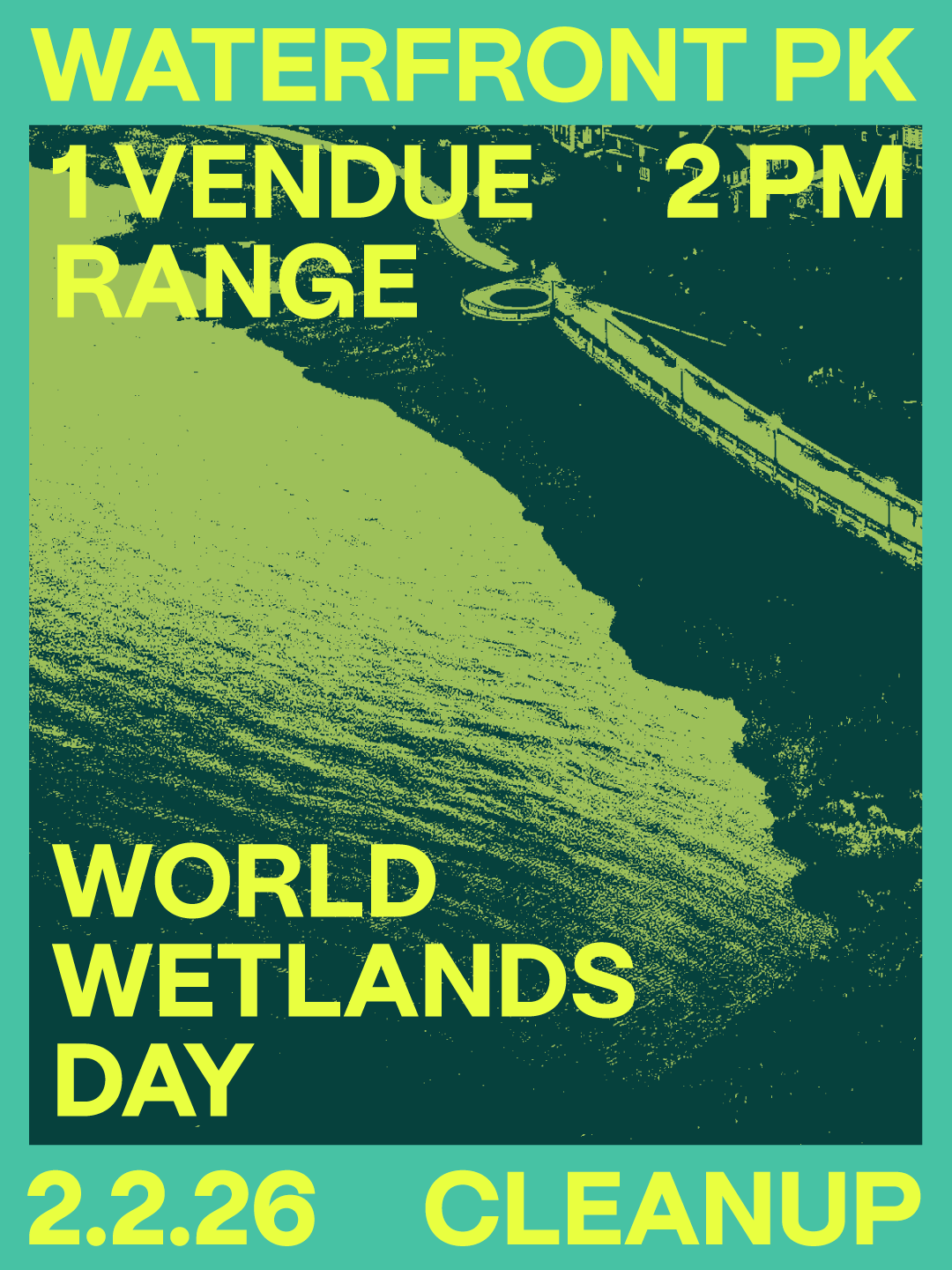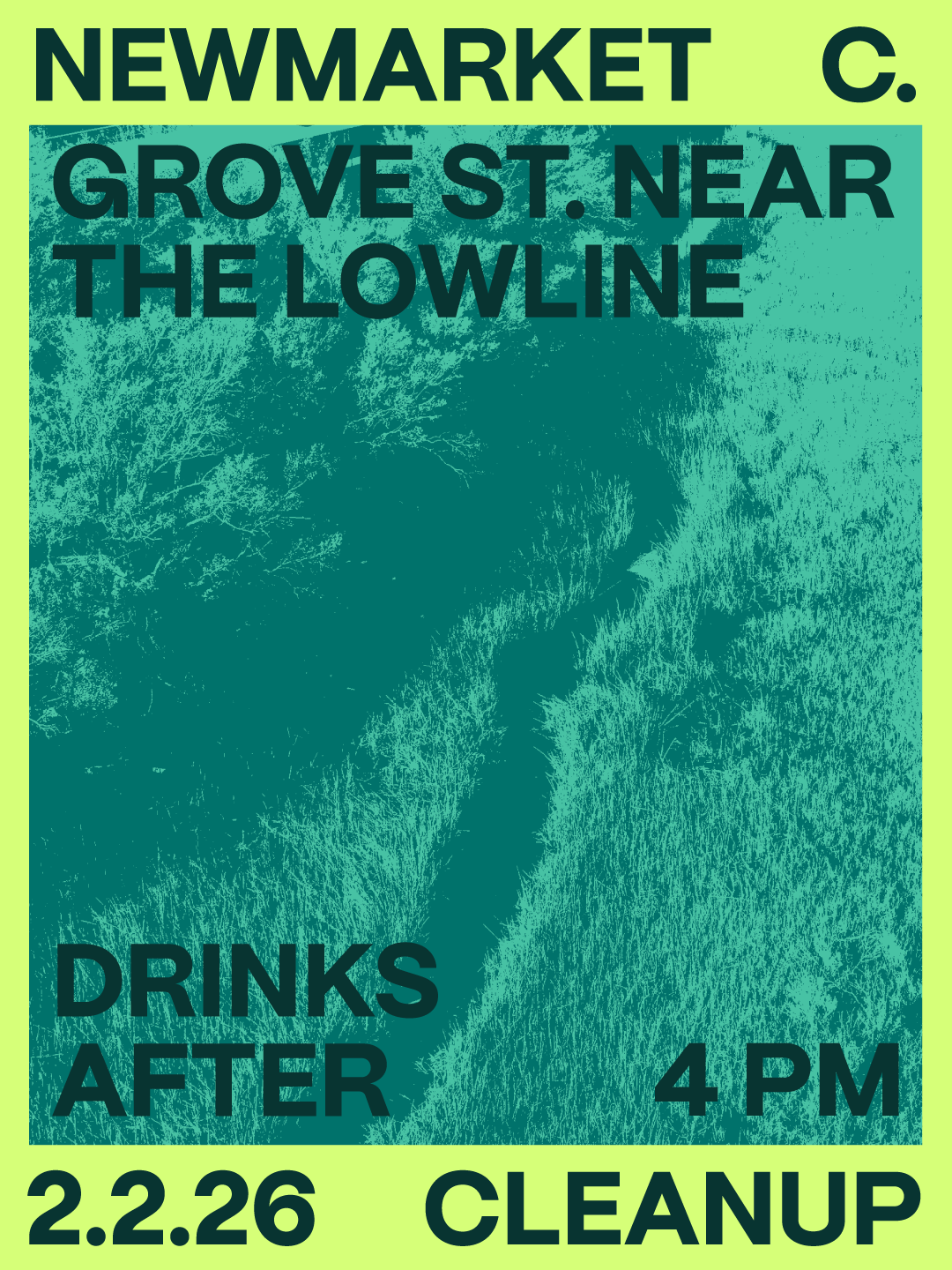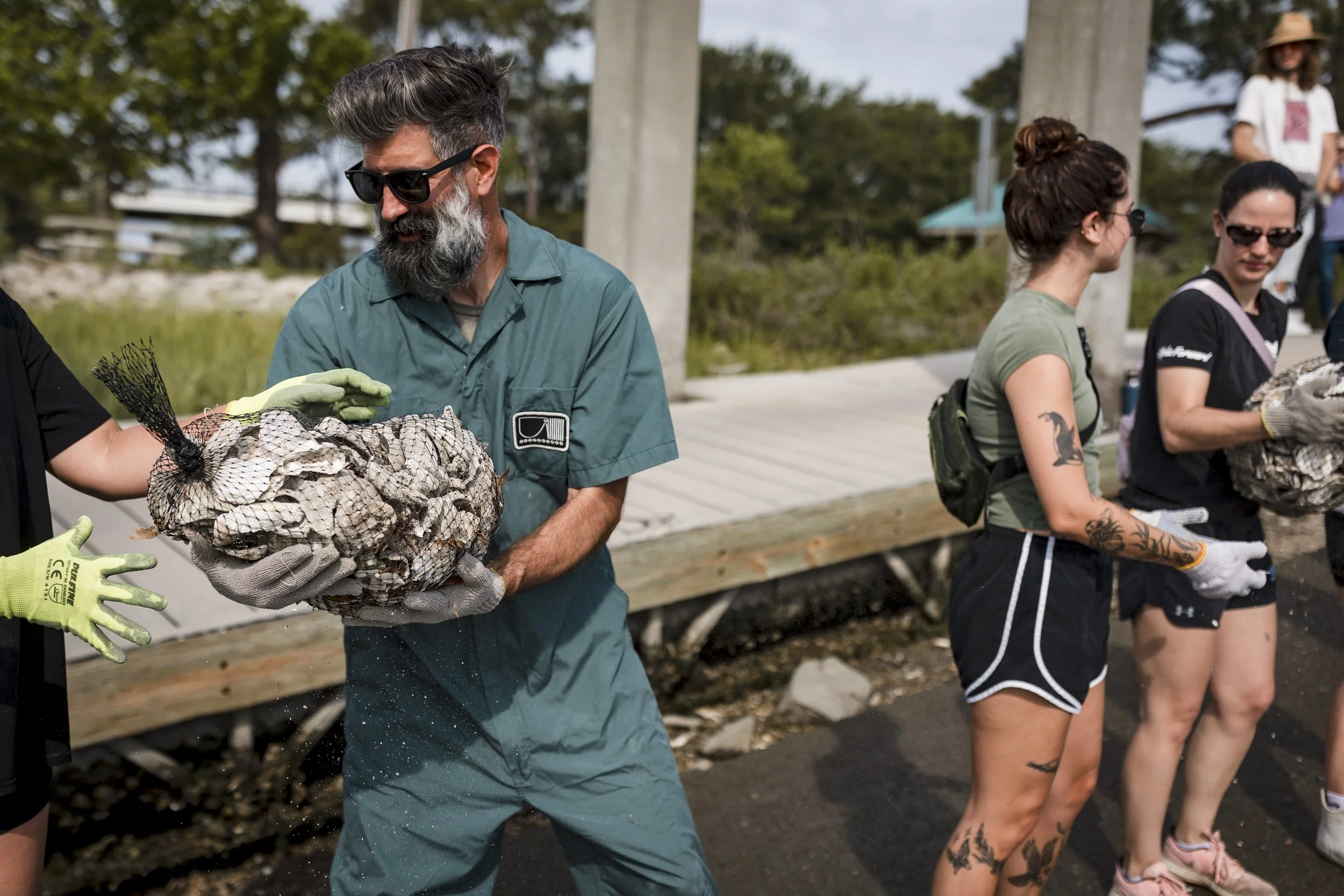Upcoming Events
World Wetlands Day is February 2 and we’re cohosting two back to back cleanups with some amazing friends.
Join us at 2 PM at Waterfront Park, with Charleston Waterkeeper and Keep Charleston Beautiful. Click to RSVP
At 4 PM we’ll be cleaning up Newmarket Creek with Carolina Ocean Alliance, the City of Charleston WaterWise and Sustainability teams, Keep Charleston Beautiful and CHS Green Drinks! Click to RSVP
Post cleanups we’ll be cheersing drinks at Edmund’s Original, so join one or both!
1
The Marsh Appreciation and
Restoration Society for Happiness Project
The M.A.R.S.H. Project is a grassroots and community-based program working to create the first urban ecological corridor in the Southeast. We advocate for the marsh, and for reclaiming Charleston’s natural heritage through volunteerism and unique programming – cleaning up debris, planting native plant species, citizen-science monitoring, art programs, and community and educational outreach.
“Maybe the most destructive force to the climate is not fossil fuels or deforestation or corporate greed, but futility… Many of us live with a deep resignation about the state of the world, a sense that it’s too late to do anything—so we do nothing. Now, if anyone gets a brief pass on trying to save the planet, it’s brand-new parents navigating life in the midst of a global pandemic. But for three Charleston neighbors [that’s US!] who had all just welcomed their first child, the moment had the opposite effect.”
What began as a personal project among three friends, has turned into a community movement!
2
Marsh-y Programming
We are here to re-wild and ecologically restore Charleston’s unique ecosystem.
We believe in the power of “Won’t You Be my Neighbor?” and community. Our goal is to boost biodiversity on the peninsula, contributing generously through reciprocal acts of stewardship and the thoughtful ecological restoration of our living landscapes—with friends! We acknowledge the interconnectedness of all life and seek to increase its overall abundance.
-
Restoration Days... and Nights
Whether it’s an oyster reef, a native plant garden, or a pot of bee balm on a stoop—we’re restoring bits and pieces of Charleston’s natural heritage one event at a time. We also host a number of educational events with experts in the field of ecological horticulture.
-

Walks in the Marsh
It all began here! From litter sweeps to historic walking tours to data collection, caring for our tidal creeks, in every which way, inspired the movement. T.M.P. has a strong network of local businesses, scientists, professors and students to help us.
-

Dept. of Arts and Crafts
Art changes the world. We tap into our community of artists, often!, to co-host programs in our gardens that recharge the mind and radical spirit. Often times it’s the simple act of observation (with a crayon) that inspires a neighbor to transform their yard.






